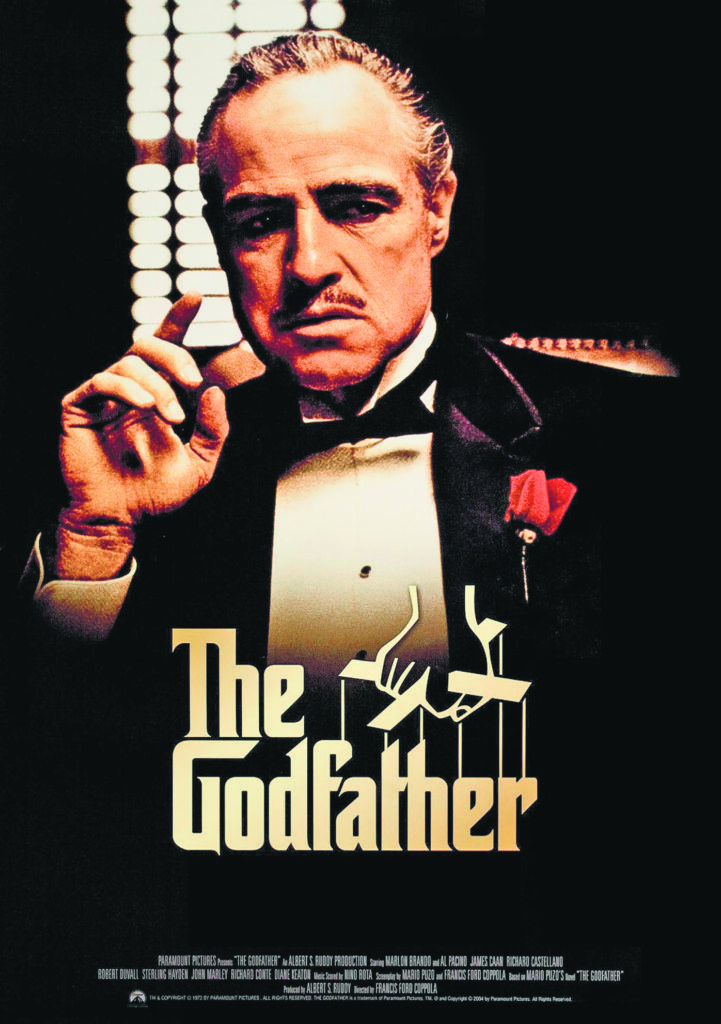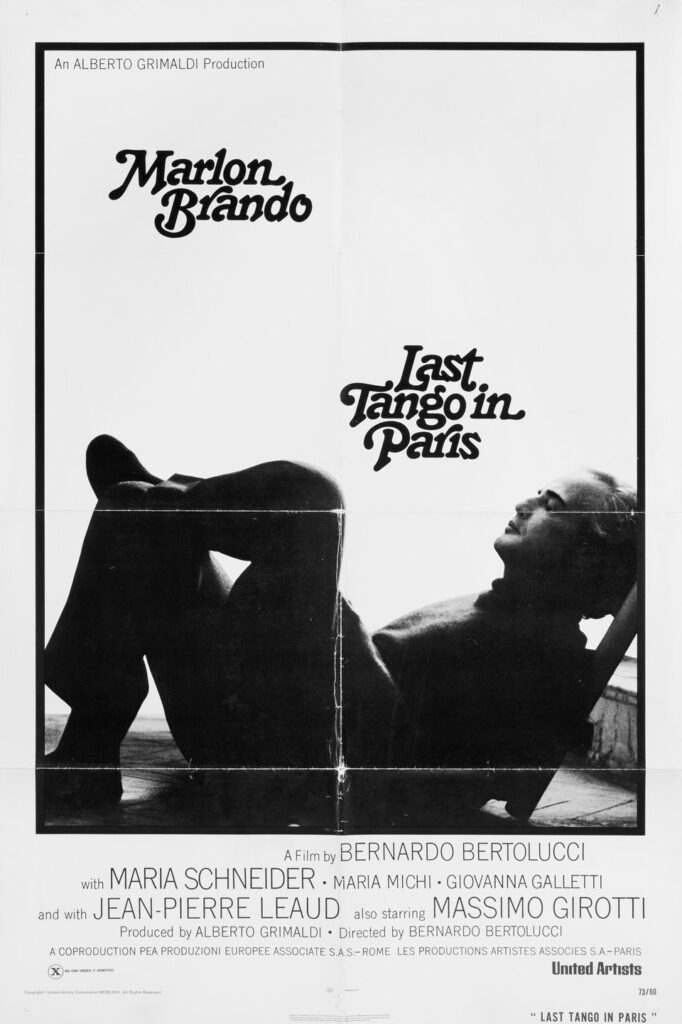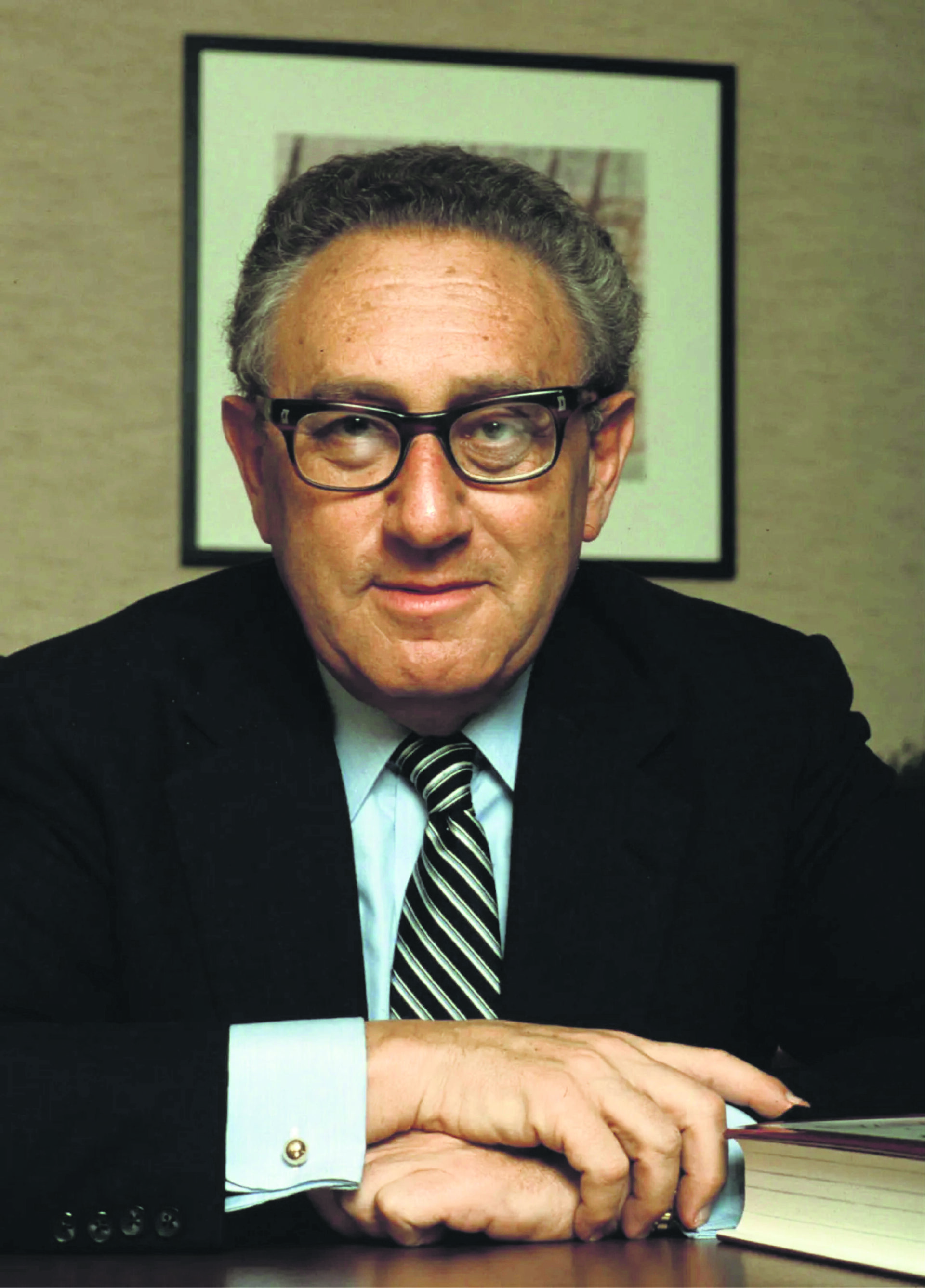NEW DELHI
In the tempestuous years of 1972-74, as the Nixon-Kissinger administration navigated the turbulent waters of Vietnam, the Watergate scandal, detente with China, the energy crisis and the tense Cold War dynamics with Soviet Union, another world was taking shape in the celluloid domain of Hollywood.
Hollywood was experiencing a cinematic renaissance. The political convulsions in the United States under Nixon and Kissinger’s tenure prompted a reinvigoration of the American filmmaking landscape. Directors and writers seized upon the socio-political tensions, using cinema as a medium to mirror the disillusionment, paranoia, and moral ambiguities prevalent in society. Amidst these events, the movie business was thriving, producing some of the most iconic and impactful films in history. Some of Hollywood’s greatest films like “The Godfather”, “Last Tango in Paris”, “Deep Throat”, “The Exorcist” were also being made at the time of Richard Nixon’s resignation and made the 1972-74 box office record years. This era was a maelstrom of political upheavals that became a catalyst for cinematic expression in the US and Europe. The symbiotic relationship between major political events and the world of filmmaking has been a consistent canvas for filmmakers to capture and interpret historical moments. The crises brewing in the Oval Office weaved their way into the fabric of cinematic storytelling, creating narratives that echoed the pulse of the times.
There would be billions of post-mortems on his policy and legacy, but these significant events have transcended their political realms, imprinting themselves on popular culture and providing fodder for creative minds in the film industry. Here lay a peculiar synergy between the twists of the political narrative and the artistry that found its way to the reel. The events of that time also gave birth to new films and stories. These films captured the essence of societal dynamics, reflecting a paradoxical scenario where the nadir of politics could be the zenith of artistic expression.
For example, “Last Tango in Paris” explored human desires and societal constraints, grappled with themes of intimacy, identity, and the human condition. Audiences were drawn to the film’s raw and unapologetic portrayal of emotions, reflecting a craving for unfiltered expressions amidst a politically charged environment. “Deep Throat” became a symbol of cultural rebellion, pushing the boundaries of cinematic expression. Its unexpected success and notoriety showcased the appetite of the audience for provocative content, challenging societal norms and political constraints. And then an epic saga of power, family, and crime, “The Godfather,” captivated audiences worldwide, transcending the chaos of political disillusionment to provide an immersive experience into the clandestine world of organised crime. “Deep Throat’s” last line, “The End. And Deep Throat to you all.” holds a curious parallel to the clandestine manoeuvres of diplomatic deep throats in global politics. The movie caused a sensation due to its non-traditional portrayal of sexuality. Then Secretary of State Henry Kissinger’s enigmatic Deep Throat tactic sparked debate in the then-division-split world. The dialogue from “The Exorcist” resonated with an eerie parallel, while the Kissinger-Nixion administration grappled with its own demons. The film’s iconic line, “The power of Christ compels you!” echoed the fervour and struggle in confronting malevolent forces, mirroring the administration’s quest to navigate through political adversaries and global challenges. “The Exorcist” depicted a battle between good and evil. Similarly, the political arena was entrenched in a struggle between ideologies, power dynamics, and the enduring quest for control.

Not only these, in the fall of 1973, Erica Jong assaulted the last surviving bastion of old fashioned modesty with her “Fear of Flying”. When Kissinger was navigating through Watergate and China and Vietnam, Jong’s novel pushed boundaries by exploring female desires and liberation, challenging the prevailing perceptions of women’s roles. Both contexts reflected a transformative period in history, questioning established norms and fostering debates that reshaped societal values.
US TV also scored a runaway success in “An American Family”. While Kissinger’s decisions faced scrutiny and criticism in the political realm, “An American Family” faced its own set of controversies for exposing the realities of domestic life, breaking away from the idealised portrayal of families on television. Both instances represented a departure from the norm, sparking discussions about ethics, privacy, and the portrayal of reality. “The Conversation,” directed by Francis Ford Coppola, centred on a surveillance expert who grapples with ethical questions when he discovers the potential consequences of his work, unveiled the complexities of surveillance culture, highlighting the Watergate controversy. “All the President’s Men” also delved into the Watergate scandal, shedding light on investigative journalism’s role in uncovering political corruption, akin to the probes into Kissinger’s policies.

These films, indirectly inspired by Kissinger’s era, echoed the complexities of political power, ethical dilemmas, and the intricacies of human nature in the face of authority and influence. They offered audiences a lens through which to contemplate the multifaceted nature of political manoeuvring and the impact of controversial decisions on society and individuals. These films offered an escape, an outlet for audiences to delve into fictional worlds that mirrored the societal complexities while providing solace from the turbulence of the real world and explored the human condition amidst conflict, and examined the blurred lines between truth and deception.
Kissinger’s passing left a peculiar void in Hollywood’s script vaults. With his departure, the tantalizing tales of clandestine diplomacy and political manoeuvring vanished, leaving filmmakers staring at a screenwriting abyss. No longer could they draw inspiration from the controversial whispers of secret meetings or the titillating tales of covert negotiations. With his exit, the silver screen mourned the loss of a storytelling goldmine. No more could they craft riveting dialogues akin to Kissinger’s legendary lines or script dramatic sequences rivalling the intensity of his diplomatic exchanges.
As the final chapter closed on Kissinger’s life, Hollywood whispered a eulogy of sorts, mourning not just a political figure but the untold tales and potential cinematic marvels that departed with him. Yet, perhaps in this vacuum of narrative possibilities, filmmakers would seek new sources of inspiration, forever cherishing the shadow Kissinger cast on the tapestry of storytelling.
Anurag Punetha, senior journalist, is Head, Media, IGNCA.

